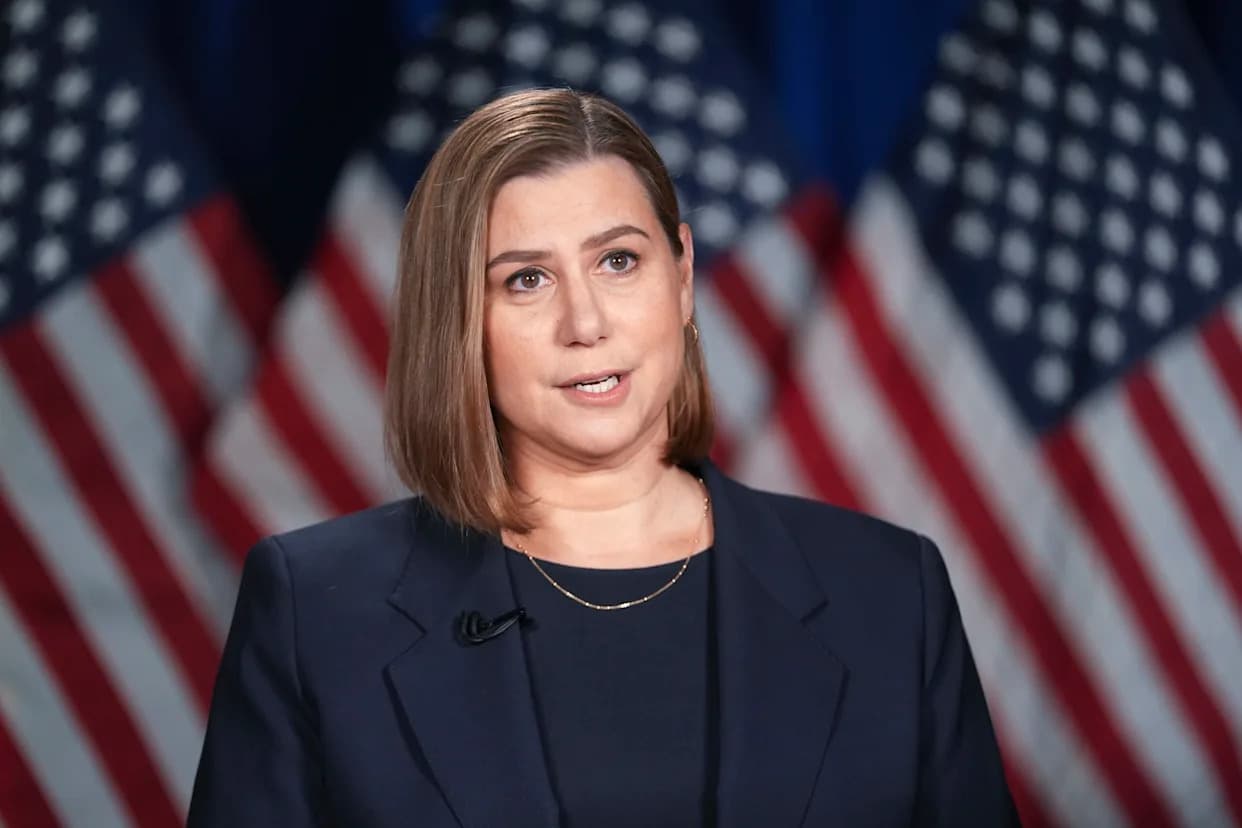Sen. Elissa Slotkin (D–Mich.) has renewed calls to abolish the presidential pardon, citing recent pardons she says illustrate systemic abuse. Some House Democrats, including Rep. Ted Lieu, strongly agree that the pardon power has been misused, while others — such as Reps. Sydney Kamlager-Dove, Jamie Raskin and Pramila Jayapal — urge restraint and propose studying reforms or narrowing the power. Lawmakers note that significant changes would likely require a constitutional amendment, making major reform difficult but not impossible. The debate centers on balancing clemency's historical role with modern demands for accountability and transparency.
Democratic Rift: Sen. Slotkin Calls to Abolish Presidential Pardon After Binance CEO Pardon

Sen. Elissa Slotkin (D–Mich.) renewed a push to eliminate the presidential pardon, arguing the power is outdated and vulnerable to abuse. In a post on X, Slotkin said she has supported removing the pardon for both parties and pointed to recent events as evidence that the system no longer serves its intended purpose.
Why Slotkin Says the Pardon Is Problematic
"I've been in support of getting rid of a presidential pardon for either party. I don't think it makes sense in the modern world. And we just saw why it's a problem last week," Slotkin wrote, referencing former President Donald Trump's pardon of Changpeng Zhao, CEO of the cryptocurrency exchange Binance. Slotkin suggested Zhao had financial ties to a Trump family crypto venture and said, "I didn't like it when Democrats did it, I don't like it when Republicans do it."
Split Among House Democrats
Slotkin's remarks have found support among some House Democrats but not all. Rep. Ted Lieu (D–Calif.), a member of the House Judiciary Committee, voiced strong agreement, saying the pardon power "has been abused." Others on the committee urged caution before dismantling a long-standing constitutional tool.
Rep. Sydney Kamlager-Dove (D–Calif.) noted that presidents have historically used clemency thoughtfully and warned against discarding an authority that can be exercised with sincerity. She pointed to President Biden's commutation of Leonard Peltier as an example of careful clemency in practice. "I'm not trying to throw the baby out with the bathwater," Kamlager-Dove said, arguing lawmakers should prioritize addressing what she called a "rogue president" rather than eliminating institutional powers.
Rep. Jamie Raskin (D–Md.), the senior Democrat on the Judiciary Committee, urged a measured response: study systemic abuses while preserving the executive's ability to grant mercy and clemency. Rep. Pramila Jayapal (D–Wash.) also opposed outright abolition but signaled openness to narrowing the scope of pardons, noting that meaningful restrictions would likely require a constitutional amendment — a difficult and time-consuming process.
Broader Questions About Clemency
The debate captures broader national concerns about how clemency has been applied in recent years: from pardons tied to political allies to preemptive actions and high-profile commutations. Lawmakers disagree on whether reforms, tighter limits, greater transparency, or retaining the current structure best protect justice and public trust.
As lawmakers consider next steps, the discussion will likely focus on balancing the original constitutional purpose of clemency — as a safety valve and instrument of mercy — with modern expectations of accountability and transparency in the executive branch.
Help us improve.


























